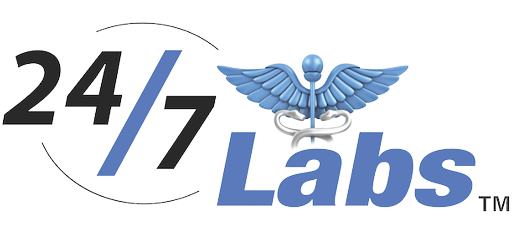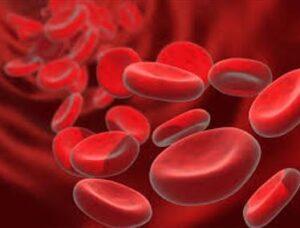While gluten is a commonly found ingredient, More than 18 million Americans are sensitive to it today, according to Deals on Health. From wheat and gluten allergies to celiac disease, there are many reasons one might be intolerant to gluten. But why is that? And what foods should be avoided if you can’t have gluten? In this blog, we’ll discuss everything you need to know about gluten. Continue reading to learn more.
What is Gluten?
While you were likely already aware of the widespread gluten intolerance in America, many of us are unfamiliar with what it is. In an effort to clear up any conclusion, allow us to explain. Gluten is a naturally occurring protein that binds food particles together, giving a stretchy effect to grains, including wheat, wheat berries, barley, rye, and the like.
However, despite its various uses, gluten is one of the major causes of health problems for people suffering from celiac disease and wheat allergies. These individuals must stick to gluten-free items which, according to the FDA, contain under 20 ppm (parts per million) of gluten.
How is Gluten Bad for Some?
As we mentioned earlier, gluten can be dangerous to some as it can trigger a severe autoimmune response or even just cause nausea following consumption. Below, you’ll find a more detailed look into common causes of gluten intolerance.
Celiac Disease (Gluten Sensitivity)
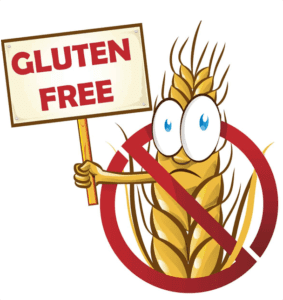
The NHS explains celiac disease as a condition in which the sufferer’s immune system attacks its own tissues after consuming gluten. Ultimately, it damages your small intestine, leaving your body unable to take in nutrients. Symptoms of celiac disease include but are not limited to diarrhea, bloating, and abdominal pain.
Wheat Allergies
Cleveland Clinic states that around 6% of the U.S. is allergic to wheat. This allergy is triggered by the presence of proteins such as gluten, albumin, gliadin, and globulin. Signs and symptoms of a wheat allergy include nasal congestion, hives, swelling, vomiting, diarrhea, and headache. These symptoms typically arise within an hour after consumption. When left untreated, Anaphylaxis – a life-threatening condition can occur, causing blue skin, swelling in the throat, severe breathing problems, trouble swallowing, and dizziness.
Dermatitis Herpetiformis
This one often flies under the radar, Dermatitis Herpetiformis is another condition that can be brought on by gluten consumption. Presenting itself in the form of a severe, chronic skin rash, this is technically another autoimmune response that is also seen in those with celiac disease.
What are The Benefits of Gluten-Free Living?
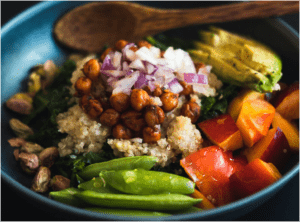
A diet that’s free of gluten can benefit those with AND without gluten sensitivity! If you’ve ever wondered what a gluten-free diet can do for you, we’ve got you covered with some helpful info below.
Gluten-Free Foods Can Reduce Symptoms of:
- Gastrointestinal problems, including constipation, abdominal pain, and gas
- Anemia (iron deficiency)
- Dermatitis herpetiformis
- Various mood disorders
- Osteoporosis
- Osteopenia
- Infertility and reproductive health issues
What are Some GOOD Gluten-Free Foods?
At this point, you’re likely wondering what a gluten-free diet looks like – and we don’t blame you. Getting a healthy, balanced diet is difficult enough without cutting a common ingredient altogether. Luckily, however, with the rise of gluten intolerance in America, there are many substitutions and alternatives on the market. You just have to know where to look. Below, you’ll find a complete list of excellent gluten-free food alternatives, according to Mayo Clinic.
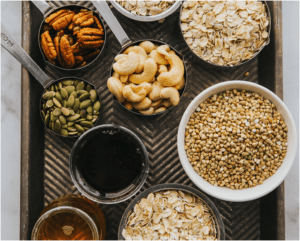
| Gluten-Free “Safe” Foods | “Unsafe” Foods to Avoid (Unless otherwise labeled gluten-free) |
| ● Fruits and Vegetables
● Unprocessed beans, seeds, and legumes ● Eggs ● Lean, unprocessed meats, fish, and poultry ● Low-fat dairy ● Amaranth ● Arrowroot ● Buckwheat ● Corn ● Flax ● Hominy ● Millet ● Quinoa ● Rice, wild rice ● Soy ● Sorghum ● Tapioca ● Teff |
● Wheat
● Barley ● Rye ● Triticale ● Oats (in some cases) ● Beer, ale, porter, stout ● Bread ● Bulgur wheat ● Cakes and pies ● Candies ● Cereal ● Communion wafers ● Fries ● Cookies and crackers ● Malt ● Matzo ● Pasta ● Salad dressing ● Seasoned rice mixes ● Seasoned snack food ● Soup ● Vegetable in sauce |
24-7Labs Offers Quick, Convenient Answers
Are you here because you think you might have gluten sensitivity, whether it be an allergy, celiac disease, or something else? If so, you’re in the right place. Because with several lab locations throughout the Tampa area, it’s easy to get testing done in a professional, streamlined laboratory that offers appointments on your schedule.
Contact us today to learn more about what we can do for you or schedule your appointment now. And in the meantime, don’t forget to check out our weekly blog for more valuable health tips.
